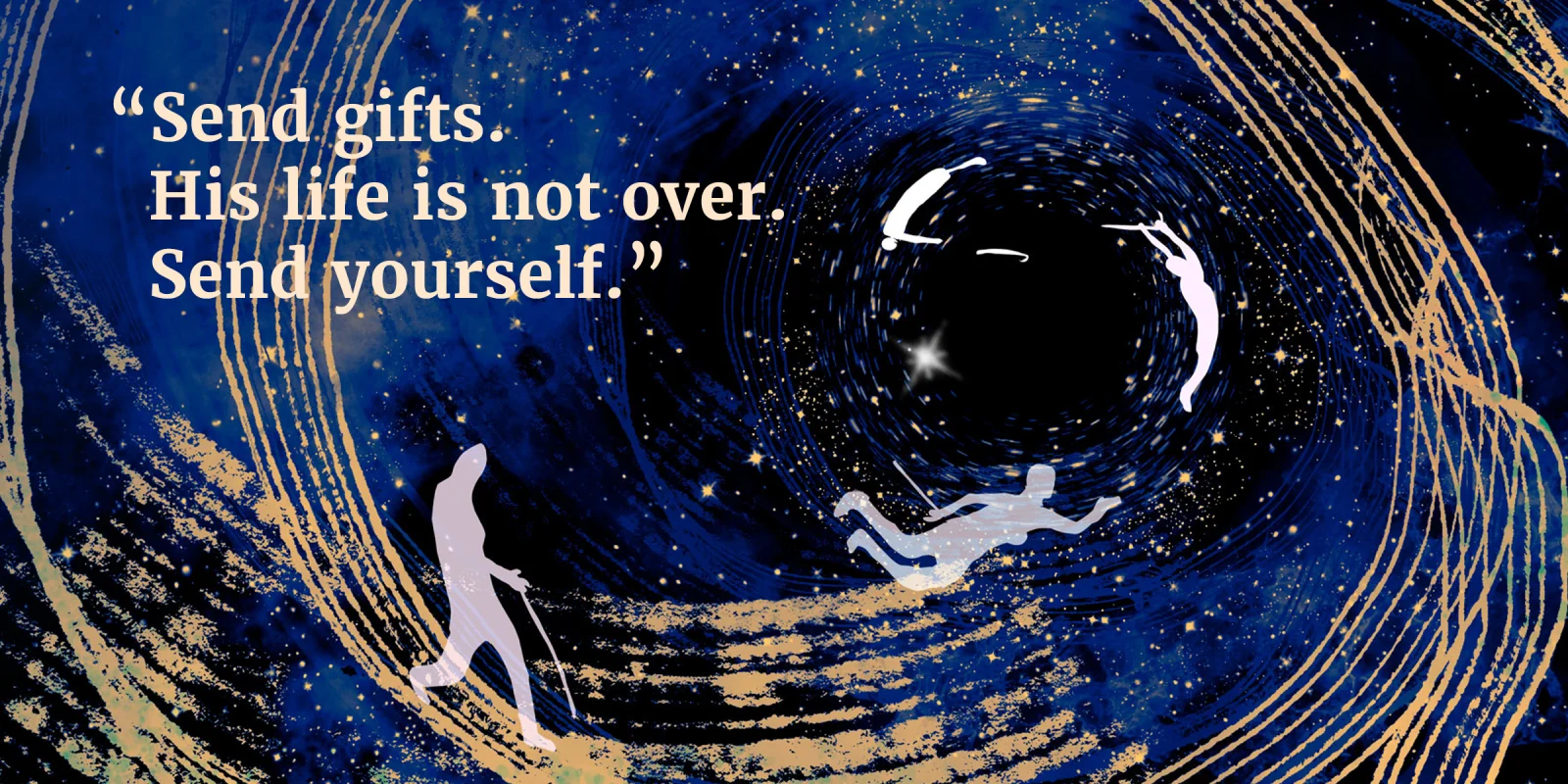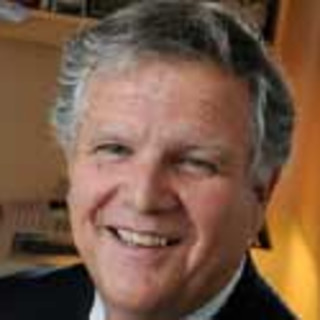This is part of the Medical Humanities series on Op-Med, which showcases creative work by Doximity members. Do you have a creative work related to your medical practice that you’d like to share? Send it to us here.
This poem is an excerpt from Dr. Hergott's poetry and essay collection, "Departure From the Darkness and the Cold," published in 2020.
Through long hours and too many deaths,
this I have learned:
every word counts now.
Your friend spends his days
consumed by the news.
He needs you.
Choose your words thoughtfully,
and not about you.
Write nothing that derails
or otherwise impairs
the one with little time left.
Write something soon that kindles
your bond.
Thank him for enriching your life,
and for his many affections
compelling you to write to him.
Tell him of your heavy sadness
to learn that the tumor had spread,
that the agonizing treatments had failed.
Manifest respect,
and concern,
never pity.
Tell him how moved you are
by his courage.
Emphasize the obvious in him
no surprise
an unremitting sense of
strength,
and grace.
Sing his praises for these.
Send gifts.
His life is not over.
Send yourself.
Give the gift of your presence on his end journey,
declaring that, far away,
you cannot walk with him
but you can walk beside him
in spirit.
Give him the gift of knowing
he matters now and always will,
that with your own immense loss
memories of him
will live in you forever.
When that time comes to say goodbye,
give him the greatest gift,
and tell him you love him.
What inspired your book?
The inspiration for this book was driven by the dreadful state of being patients and medical clinicians have been in in the past 20 years. In the current era, clinicians have lost their autonomy and creativity in patient care, negatively impacting the well-being of patients, physicians, and their loved ones.
The spirit-killing feeling so many physicians have has left an integral and transcendent part of patient care — the “soul of medicine” — smoldering in the distance rather than blazing within. I define the soul of medicine as that thing beyond the biomedical: the caring, compassionate, dedicated, enthusiastic attitude that sets us on the difficult-by-nature, enriching journey called the medical life. Clinicians yearn to rekindle the soul of medicine, and to be fully present and helpful to patients again.
Why did you choose poetry and nonfiction essays for this collection?
The essays and poems are all based on real and relatable events for all clinicians — physicians, PAs, NPs, nurses, pharmacists, etc. The book has also been read by many non-medical individuals, who seem to relate to the stories as deeply as clinicians.
What was the process of writing/formulating this specific poem?
The editors of the Annals of Internal Medicine called "Regarding a Letter to a Dying Friend" a "landmark poem" for the journal. I wrote the poem for those with a dying loved one, and for the dying themselves.
How does writing relate to medicine for you and your practice?
The best way I can answer this question is to offer something that Jesuit priest and philosopher Teilhard de Chardin wrote: “All I shall ever write will only be a feeble part of what I feel.” I would add to that, “and what I read.” Hopefully, readers of this book will agree.
Illustration by Jennifer Bogartz







